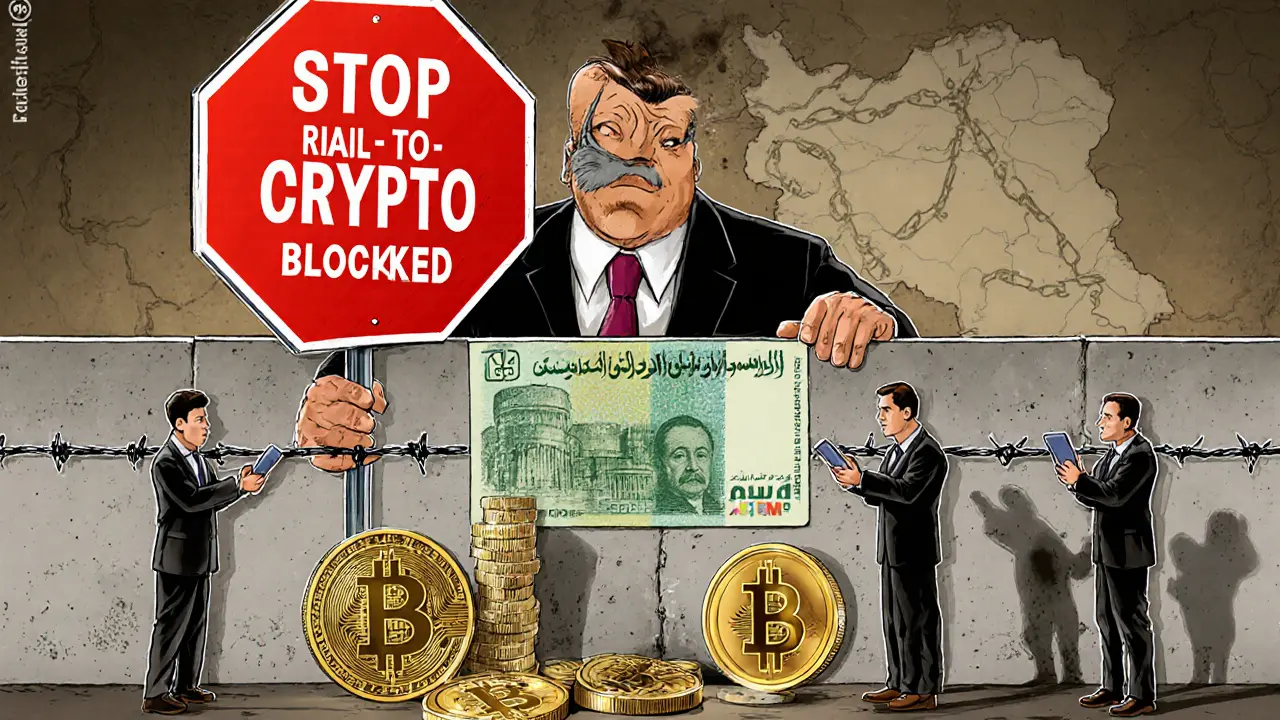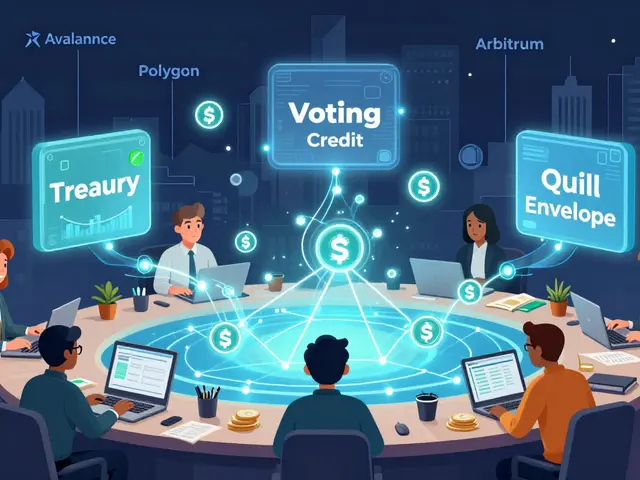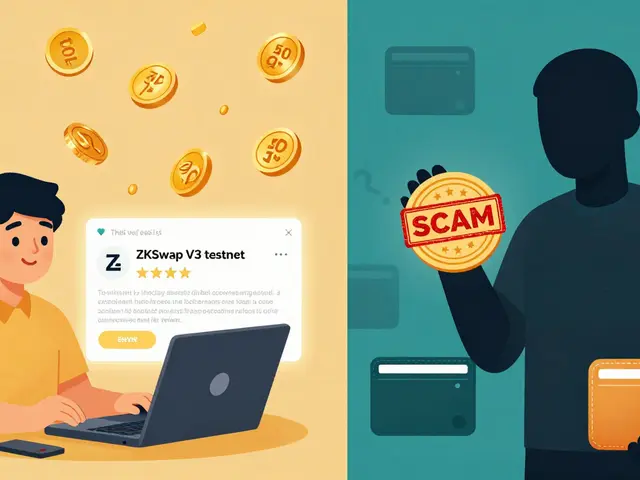Iran Cryptocurrency Regulations: What You Need to Know
When navigating Iran cryptocurrency regulations, the legal framework governing digital asset activities within Iran. Also known as Iranian crypto law, it covers licensing, taxation, and compliance with international sanctions. Understanding these rules helps you avoid costly mistakes and stay on the right side of the law. Iran cryptocurrency regulations are not just a list of do‑its; they shape how exchanges, wallets, and token projects operate every day.
One of the biggest forces behind the regulatory landscape is sanctions, U.S. and UN restrictions that limit cross‑border crypto flows. These sanctions dictate which foreign platforms Iranian users can access and force local exchanges to block certain assets. Because of this, stablecoins, coins pegged to fiat currencies like the US dollar often come with caps or outright bans, especially when they could be used to bypass economic controls. The result is a tight coupling between sanctions compliance and the types of tokens allowed on Iranian markets.
Local crypto exchanges must also meet strict KYC, know‑your‑customer procedures that verify user identity and AML requirements. Failure to implement robust KYC can trigger shutdowns or heavy fines. At the same time, regulators demand that exchanges obtain proper licensing, report large transactions, and enforce limits on stablecoin holdings. In practice, this means every platform you trade on needs a clear audit trail and a system to flag suspicious activity.
Key Topics Covered in This Collection
Below you’ll find a curated set of articles that spell out how sanctions affect exchange choices, why stablecoin caps matter for daily transactions, and what KYC steps are mandatory under Iranian law. We also dive into specific exchange reviews, highlight risky platforms to avoid, and break down the tax implications for Iranian crypto investors. Whether you’re a newcomer trying to understand the basics or a seasoned trader looking for compliance checklists, these resources give you actionable insights tailored to Iran’s unique regulatory environment.
Ready to see how these rules play out in real‑world scenarios? The posts that follow unpack the nuances, compare compliant and non‑compliant services, and offer practical steps you can take right now to stay protected and informed.
Iran’s Rial Crypto Trading Restrictions: What You Need to Know in 2025
Learn how Iran's 2024‑2025 crypto rules curb rial-to-crypto payments, impose stablecoin caps, tax trading, and launch a digital rial pilot.





